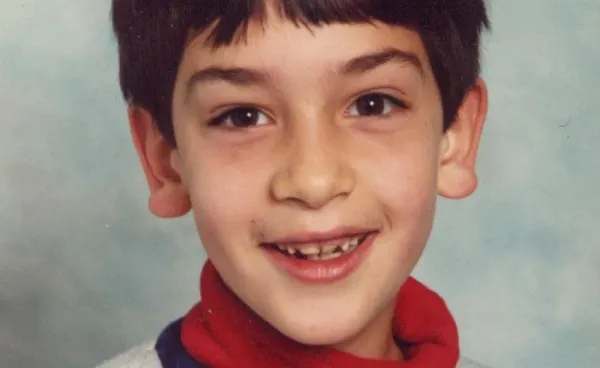
life
47 lessons
Things I've learned.

life
Things I've learned.

life
A way to build a habit out of what's important.
life
You probably know this David Foster Wallace joke: There are these two young fish swimming along, and they happen to meet an older fish swimming the other way, who nods at them and says, “Morning, boys. How’s the water?” And the two young fish swim on for a bit,